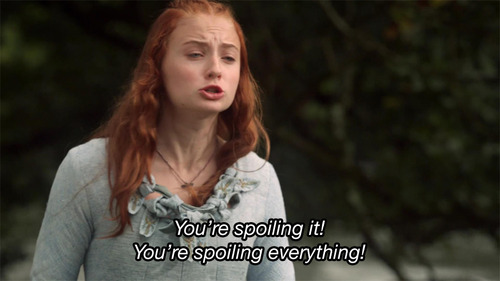So, in case you haven’t heard, I’m currently designing a Megagame. Everybody Dies is set in the world from A Song of Ice and Fire… or, as it’s better known, Game of Thrones.
I’ve been pretty quiet so far about what my game is going to be like, but as the sixth season wraps up, and as the game is now just over 20 weeks away, I want to do a few updates about the game. These won’t be compulsory reading for prepping for the game, but reading them will give you much more of an insight into what to expect from the game, how the game will run, and various other info.
Although the game is set before the events of the books/show, there may be some spoilers in the blog posts or comments. I personally promise not to spoiler any of the most recent series, at least, and will warn at the start of posts when any spoilers are included.

Let’s start with a few basics.
The Setting
Set ~20 years before the events of ASOIAF / GoT
That’s right. This game is set in the history of the exact Game of Thrones universe. It’s not “inspired by” or “based on”, the initial kicking off point is going to be (almost) identical to a point in the book/TV show history.
In book chronology, the game will kick off in 281 AC (After the Conquest). This is seventeen years prior to the events of the book, which kick off in 298. It’s a little different compared to the TV show, where the kids have been aged up a little, but the essence is the same.
The game will cover the period of time that’s known alternately as The War of the Usurper or Robert’s Rebellion – depending on which side you’re on. King Aerys “the Mad” Targaryen sits the Iron Throne, and his eldest son Rhaegar is held in high esteem. The kingdom is currently at peace, although the relationships between the King and many of his Lords are getting pretty strained…
The Structure
Loose teams and individuals
Most players in the game are technically individuals. Only bonds like family and honour are there to tie you together. But those bonds are strong – stronger than they seem to be in the TV show at the moment. Your word is your honour, and your honour is your life, your soul, and your reputation.
In general, teams are determined by regions, and consist of the ONE Lord Paramount, ONE or TWO family members, THREE Lord Bannermen, ONE Maester and ONE Religious Representative. The Small Council and the Bards may slot into this somewhere, or may be more fluid.
The Format
Semi-open maps, closed communication
In general, maps will only be open to players “on campaign”.
Communication within the game is restricted, with players only permitted to talk freely to players in the same “location” as them. Letter writing is permitted, with some restrictions.
The Focus
Political/Military/Religious/Economic/Fantasy… roughly in that order.
The game is very heavily political. Every single character will have some interest in swaying the political mood of the room. As the game starts, there is no war, and the first few turns will rely on players manoeuvring their alliances to put themselves in the strongest possible positions if (when) war does break out.
Most political players will be able to take part in the combat aspects of the game, if they want to, though a keen focus on the economic and political aspects of the game should be maintained. Looking away from the politics means your enemies may surround you with unfavourable alliances; looking away from your economics may mean you can’t support a war.
Religion was a relatively late addition to the game. Religious players will be vying with other factions for resources, and against other regions and religions for prestige.
The economics of the game are relatively simple, but managing your taxes and spending is important.
And it’s a fantasy world. Never forget that. Just like in GoT, magic isn’t bountiful, or easy, or without consequence. And you might never see it with your own two eyes. Or I could decide that the dragons should come back two decades early, you never know…
The Mood
Realistic fantasy
Well, it is a fantasy game, but as we’ve all seen from GoT, this doesn’t mean the world is rose-tinted, nor does it mean that you can do magic at will. Heroes die, villains live, and your sword is just a sword. Only action cards and the intervention of control can do the impossible – your wits, however, may let you do the unlikely.
What Next?
Expect weekly-or-so blogs or videos from me about various other aspects of the game. Planned topics include:
- More details on the setting, including a potted history of Westeros until 281 AC.
- Roles: what types of characters can you play, plus the character list
- Mechanics: detailing on various mechanics you’ll encounter during the game
- What’s Changed: I have made some changes to the backstory, I’ll tell you about them some time
- What Not To Do: don’t kill your king, don’t kill your father, and other rules for Lordly Behaviour
If you have any suggestions for other blogs, or have any questions about the game, please comment below, comment on the Facebook Event, or ping me a message.
